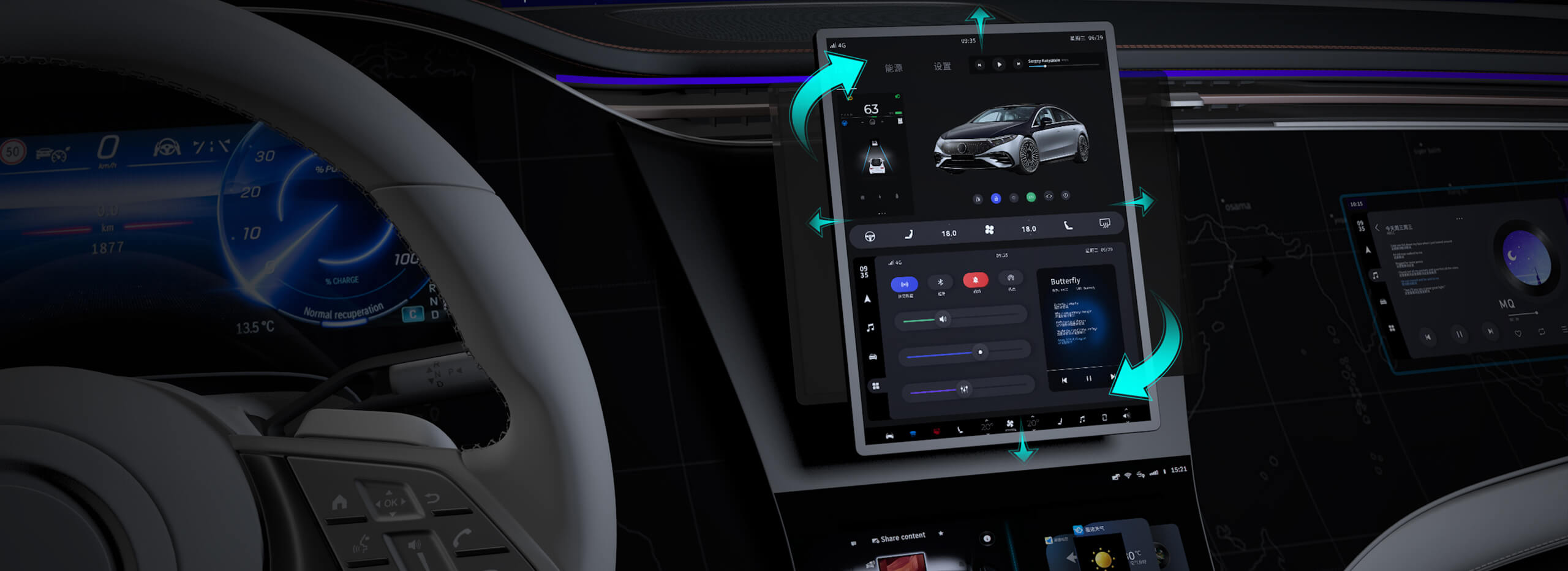Ever wonder what makes modern Python applications tick? If you’ve been dabbling with Python and want your code to scale effortlessly, microservices might be the answer you’re looking for. But what exactly are microservices in Python? Think of them as tiny apps working together like a well-coordinated orchestra, each doing its own thing and communicating smoothly.

Imagine building an e-commerce platform. Instead of creating one massive monolithic app, you break it down into smaller, independent services—like a payment service, product catalog, user authentication, and order processing. Each microservice handles just one piece of the puzzle. Why bother? Because this setup lets teams update parts independently without risking the whole system crashing. It’s flexibility on steroids.
So, how does Python fit into the picture? Python’s simplicity and vast ecosystem make it the perfect choice for crafting these micro-sized services. Frameworks like Flask and FastAPI are lightweight, making it super easy to spin up small, efficient APIs. This means less hassle and faster development cycles. You can write a microservice in a few lines of Python, then deploy it on cloud platforms or containers—literally making your system more modular than LEGO blocks.
But here’s the interesting part. Microservices aren’t just about splitting your code; they’re about culture. Instead of one giant codebase, you get smaller, manageable chunks, which helps in isolating bugs, scaling certain parts independently, and updating features faster. Need more capacity for your login service during a busy sale? No problem—just spin up more instances. That’s the beauty of microservices.
A lot of developers ask, “Is Python enough for microservices?” The answer is yes. Python’s versatility matches well with the demands of distributed systems. Plus, its extensive libraries support everything from database interactions to message queuing. Need to handle RESTful APIs? Flask or FastAPI can do it in no time. Want real-time features? Python’s got you covered with asynchronous programming tools.
Building these in Python isn’t just about coding; it’s about crafting a resilient, scalable architecture. Remember, each microservice communicates over standard protocols—most often HTTP or messaging queues—and handles its own data. This reduces dependencies and makes the entire system more robust. You can troubleshoot, update, or replace parts without the chaos that often comes with huge monoliths.
So, if you're thinking about moving to microservices, Python provides not just a language but an entire ecosystem to support your journey. It’s robust, flexible, and refreshingly easy to work with. Whether it’s for a startup’s MVP or revamping an existing app into microservices, Python’s got the tools to help you succeed.
What’s stopping you from diving into microservices with Python? If you’ve ever wished your app could grow without collapsing under its own weight, this might just be the path forward. Building microservices isn’t magic—it’s practical, it’s scalable, and with Python, it’s surprisingly approachable.
Established in 2005, Kpower has been dedicated to a professional compact motion unit manufacturer, headquartered in Dongguan, Guangdong Province, China. Leveraging innovations in modular drive technology, Kpower integrates high-performance motors, precision reducers, and multi-protocol control systems to provide efficient and customized smart drive system solutions. Kpower has delivered professional drive system solutions to over 500 enterprise clients globally with products covering various fields such as Smart Home Systems, Automatic Electronics, Robotics, Precision Agriculture, Drones, and Industrial Automation.




































